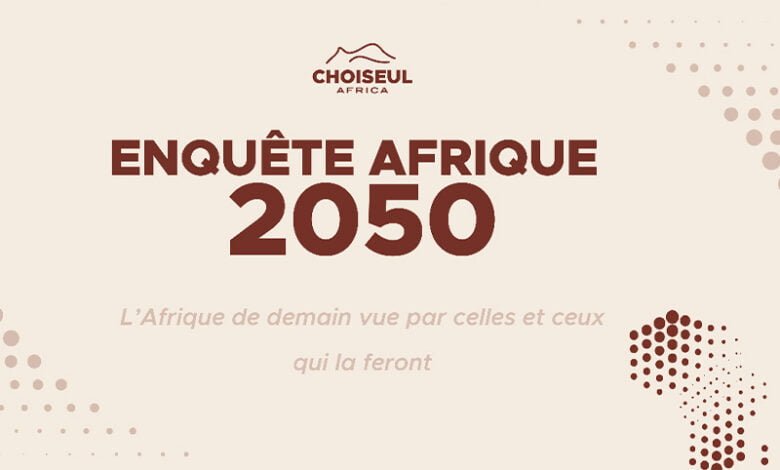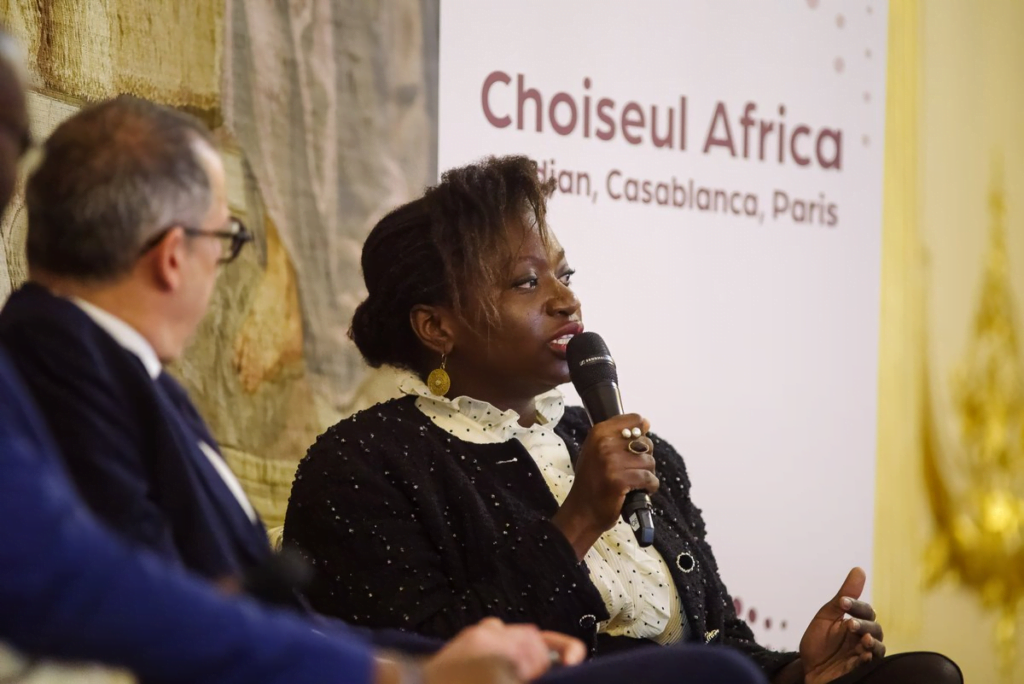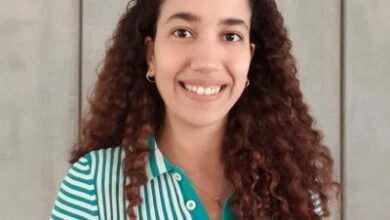
By the editorial staff
By 2050, over half of Africa’s population will be under 25 years old, with the continent surpassing two billion inhabitants. In light of this demographic reality and emerging global issues, the Choiseul Institute draws attention to the ongoing and forthcoming dynamics across the African continent.
African leaders are increasingly defining themselves in a pan-African
According to the Choiseul survey, African leaders are increasingly defining themselves in a pan-African or even global context, transcending national borders. While African identity is widely claimed, it is also seen as an asset for defending political and economic interests, particularly in the context of regional integration projects such as the African Continental Free Trade Area.

Infrastructure remains a major challenge for Africa’s economic development, according to respondents. Only 18% believe that current infrastructure is adequate to support growth, highlighting the crucial importance of future investments. Nonetheless, a majority remain optimistic about the future deployment of these infrastructures.
Europe emerges as the ideal trading partner
Europe emerges as the ideal trading partner for the majority of surveyed African leaders, with a clear preference in the Francophone space. While the United States and China remain significant players, Europe garners the most interest for sustainable economic partnerships.
In conclusion, Choiseul confirms the overarching idea: Africa is emerging as a key player on the global stage, facing complex challenges but also presenting considerable opportunities.
Consult the survey Africa 2050






